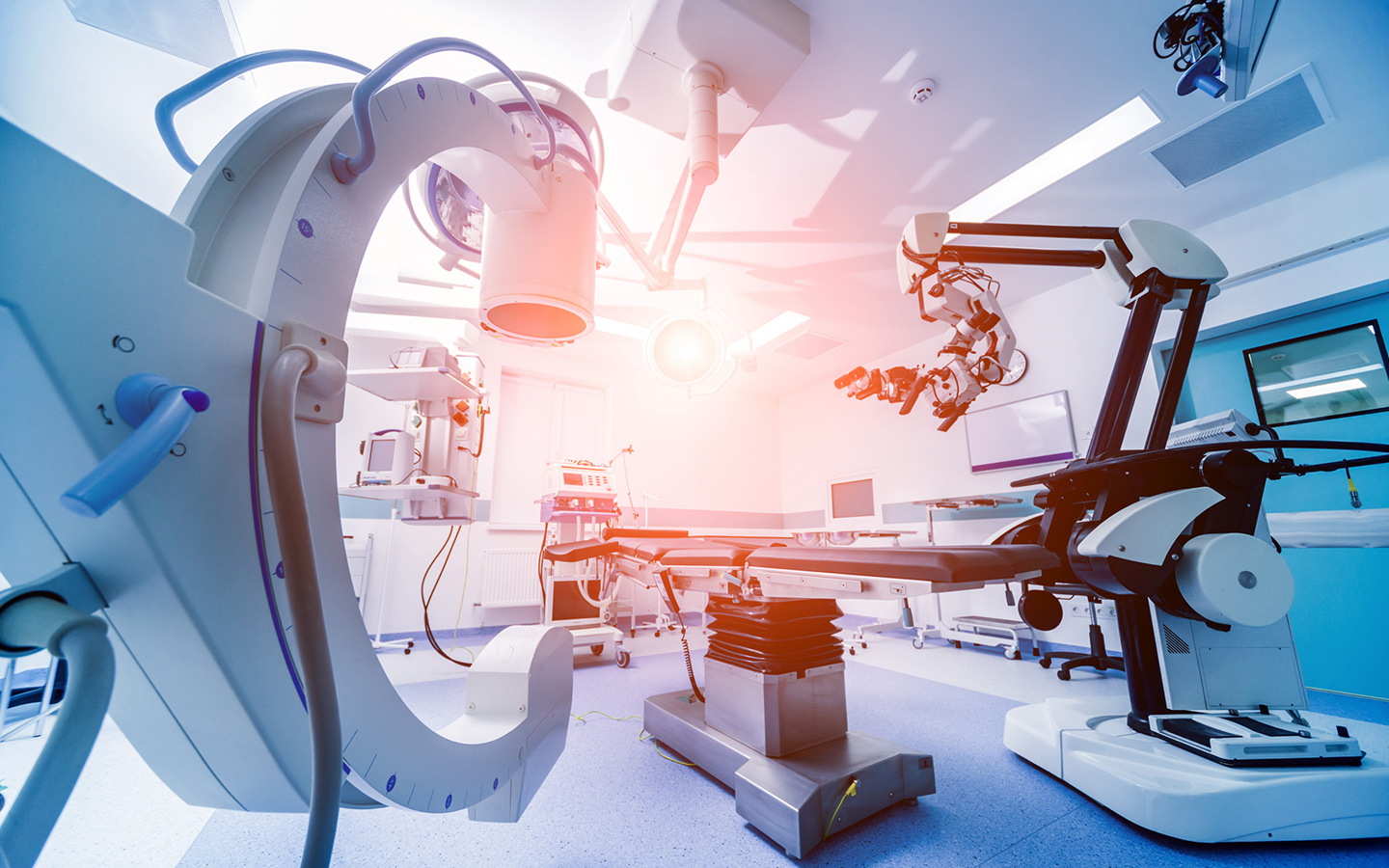In the era of increasingly developing technology, Health industry players are often hearing the term Robotic Process Automation, which is often referred to as an easy and fast way to streamline performance processes, especially for repetitive activities.
Since the era of the industrial revolution 4.0, more and more parties have turned to new technological practices to make their performance more effective and efficient. This software allows business users, including those in the Healthcare Industry, to spend more time on more high-value jobs and to hone our skills by automating business processes that have a regular rule base.
The emergence of several operational and organizational challenges makes the need for medical services to continue to grow and provide high quality and availability. How the hospital can improve in serving more and more patients, reduce the queue process, make it easier to record all patient data and so on. Therefore, the use and development of Robotic Process Automation, will be very much needed in the health sector today and in the future.
What is Robotic Process Automation?
Robotic Process Automation is a technology that mimics how humans interact with software to perform repetitive and high-volume tasks. This software technology creates programs or bots that can complete a workflow as needed, such as logging into applications, entering data, calculating, completing tasks, and copying data between applications. Additionally, Robotic Process Automation can also be tuned to capture and interpret applications to process data, trigger responses, communicate with other digital systems, and manipulate data.
What is The Benefits of Robotic Process Automation in the Health Sector?
Systems in the health sector that contain many rules, process-based, and generate large amounts of data, make the forecast demand for the use of Robotic Process Automation, to increase in the next few years. Then, what are the benefits of robotic process automation in the health sector?
Here are the series of benefits:
1. Reduced Risk of Human Error
We often make mistakes when we are tired or feel unbearable. A bad mood sometimes can also make us make mistakes that we are not aware of. Through RPA in the process of rule-based operations, bots or software implement programmed rules. If the programmer does not make mistakes in the process of creating program code, then this rule-based process will be error-free.
2. Reduce Cost Efficiency
According to studies conducted by several researchers, healthcare industries whose administrative tasks have been automated in the revenue cycle can save billions of US dollars. This is because the price of Robotic Process Automation software is only a fraction of what is paid to employees for manual tasks by the healthcare industry. Maybe the company has to spend enough money to get started. However, along the way, this will actuallybe more efficient and economical because the company can save various operational costs and other benefits every month.
3. Improved Operational Efficiency
The use of robotic process automation can save time and allow staff to focus on patients, have more important activities and also focus on jobs that can hone their skills and potential. This increase in operational efficiency can also make the scope of health service implementation wider. Thus, the health care system can meet the needs of more people quickly and better.
4. Assist Care Management
Robotic Process Automation will also be influential in managing, coordinating and promoting Health, case management and remote utilization and monitoring. RPA will once again help in centralizing and streamlining workflows to make it faster and easier.
The RPA service will also provide data-backed insights for immediate action and feedback. This data will be processed and analyzed to improve performance through the system that has been installed for more accurate results.
5. Increase Worker Satisfaction
The convenience brought by the implementation of Robotic Process Automation will help the work of workers in the health sector. Tasks such as managing hospital memberships, for example, setting up accounts, verifying eligibility, processing registrations, managing benefits, billing, and customer service are all part of the daily process, so performing manual attendance, writing periodic reports, data input, and other administrative tasks can be time consuming. It will take a lot of time if we do it manually, and these are some of these things that can be helped by using this software. Workers can feel more comfortable because they can save more time, have enough rest, go home on time and not be burdened with the same kind of job every day.
6. Increase Patient Satisfaction
The main goal of every hospital in innovating, of course, is to increase the positive experience in the eyes of patients. With the service that continues to increase, of course this will be directly proportional to the patient’s experience in feeling satisfaction in treatment. One good service can be in the form of quick and easy administrative services.
Have you ever been annoyed with administrative services that are complicated and time-consuming during treatment? On the one hand, you want to go home and rest. Both long waiting times, long queues for drug redemption, multi-layered forms to fill out, various questions asked by information, etc. RPA can streamline this so that patients who come will be served quickly and appropriately.
That’s an explanation of what robotic process automation is and its benefits in the health sector? We can conclude that technological advances can be used to continue to develop your business both in any field and make our lives easier and more concise in their daily lives.
Of course, there will be many Robotic Process Automation developments that can be done for the Health industry in the future to simplify operations, reduce expenses to be more economical, simplify employee work to increase patient satisfaction for a more qualified healthcare world from upstream to downstream.
To find out how far RPA can be applied to help the performance of the world of health?



